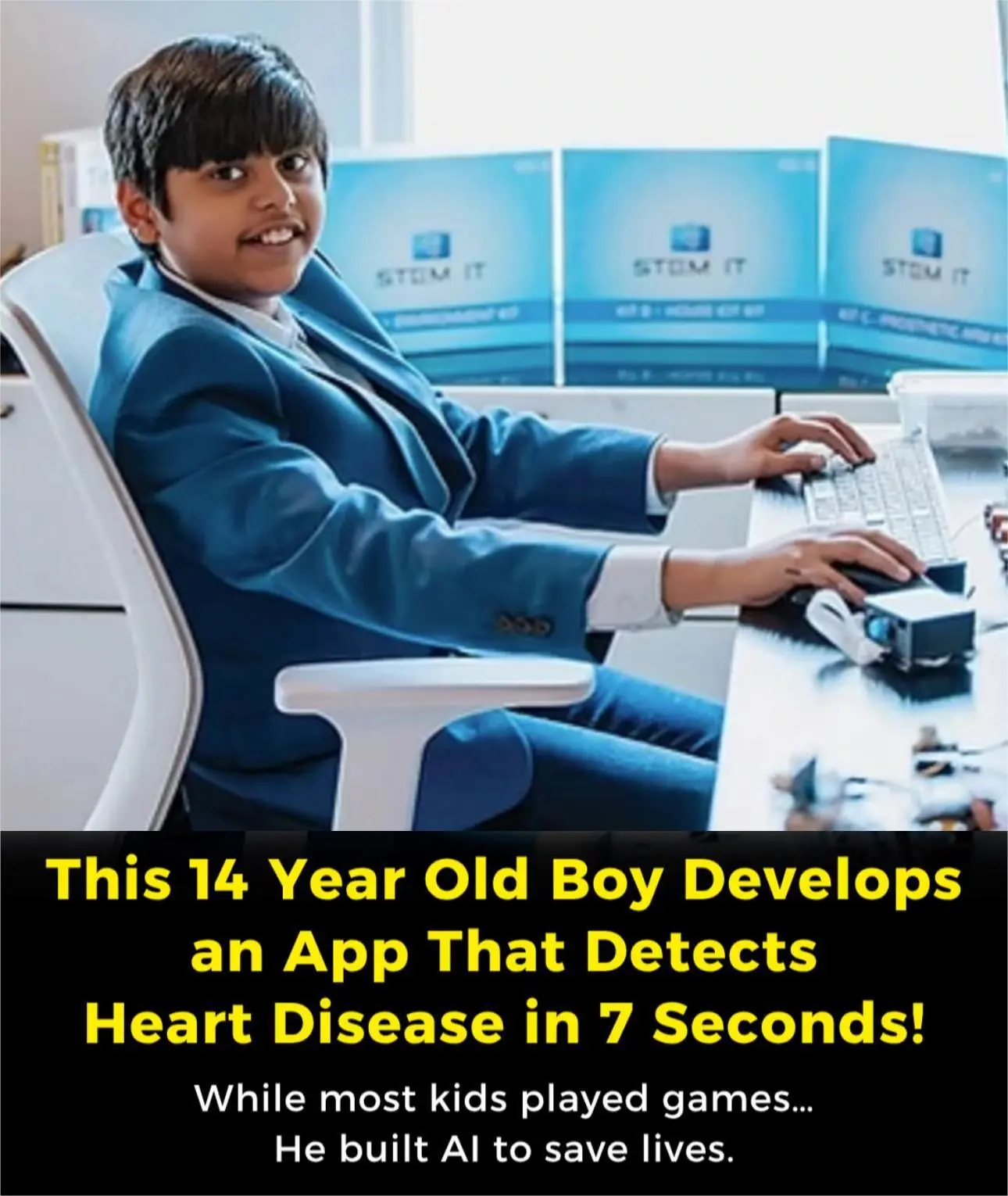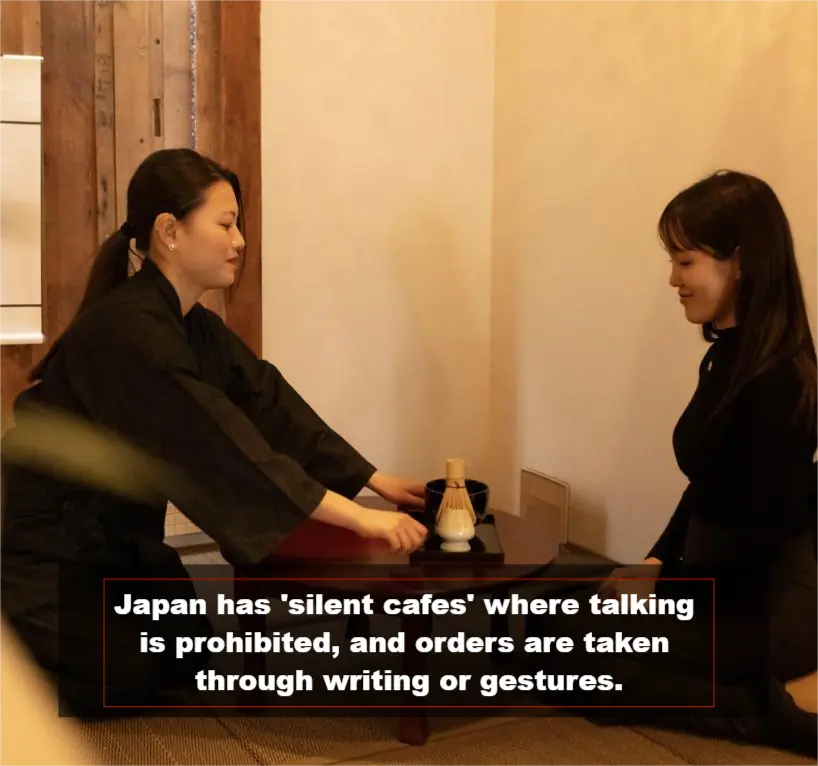
The 14-Year-Old Innovator Who Built an AI App to Detect Heart Problems in Seconds
In the world of medicine, breakthroughs often come from seasoned researchers, established doctors, or large-scale tech companies. But sometimes, innovation can arrive from the most unexpected places. One such story is that of Siddarth Nandyala, a 14-year-old who created Circadian AI—an app capable of detecting early signs of heart problems in as little as seven seconds.
How the App Works
Unlike traditional diagnostic tools, Circadian AI functions as a pre-screening application rather than a replacement for full medical evaluations. The app records the sound of a person’s heartbeat and uses artificial intelligence to analyze the audio for irregularities. By identifying abnormal patterns, it can flag potential cardiovascular concerns that may require further testing.
Proven Through Large-Scale Trials
The app has already been tested extensively. In trials conducted with over 15,000 patients in the United States and about 3,500 patients in India, Circadian AI achieved an impressive 96% accuracy rate. For a tool developed by a teenager, these results are remarkable and suggest that it could have meaningful real-world applications.
While it cannot replace electrocardiograms or echocardiography, its ability to offer quick and reliable pre-screening makes it particularly valuable in areas where medical infrastructure is limited. For patients in rural or underserved regions, even a basic early-warning system can make a life-saving difference.
The Human Story Behind the Innovation
What makes Siddarth’s achievement stand out is not just the technology itself, but the mindset behind it. At an age when most teenagers are preoccupied with school, sports, or games, he dedicated his time to addressing one of the world’s leading causes of death: heart disease. His work reflects both an innate curiosity about how technology can be applied to healthcare and a sense of responsibility to use his skills for the greater good.
Why It Matters
Cardiovascular disease remains the number one cause of death globally, according to the World Health Organization. Many of these deaths are linked to late diagnosis and limited access to screening. By reducing the time it takes to flag potential heart problems—from hours or days to just seconds—Circadian AI demonstrates how artificial intelligence can be harnessed for public health.
Importantly, experts emphasize that the app is not a substitute for medical professionals. Instead, it is best seen as a supportive tool, one that empowers doctors and patients alike with faster, more accessible information.
Looking Ahead
Nandyala’s story is a reminder of the untapped potential within the next generation of innovators. His app is still in development and requires regulatory approval before widespread adoption, but its early success highlights a promising future.
In an era where artificial intelligence is often criticized for its risks, Circadian AI shows what is possible when AI is guided by compassion and applied to urgent human needs. For Siddarth, this is just the beginning of his journey. For the world, it is a sign that the solutions to tomorrow’s health challenges may well come from today’s young dreamers.
News in the same category

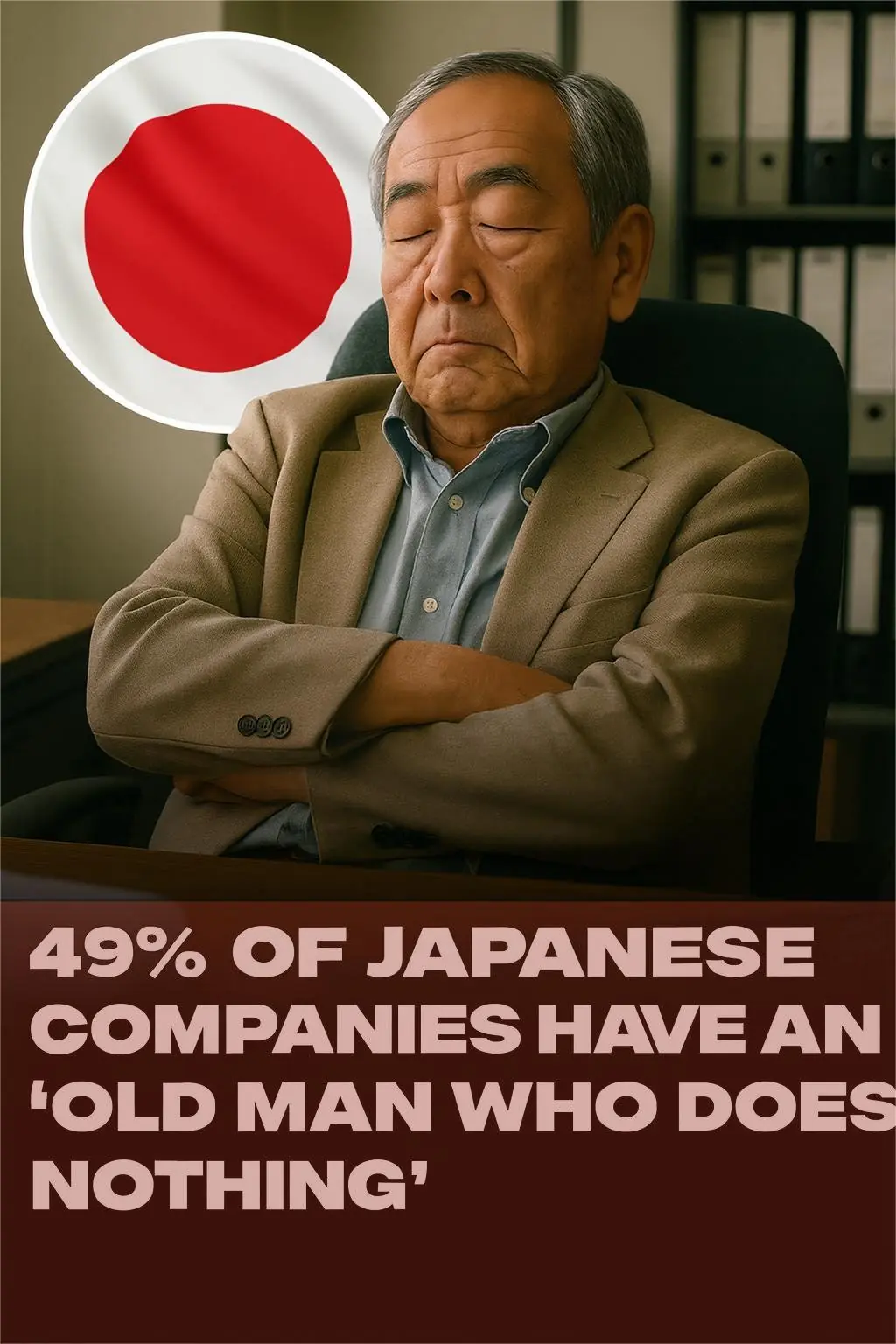
Half of Japanese Companies Report Having an “Old Man Who Does Nothing,” Survey Finds

A Curious Tale from Edo Japan: The Servants Who “Took the Blame”
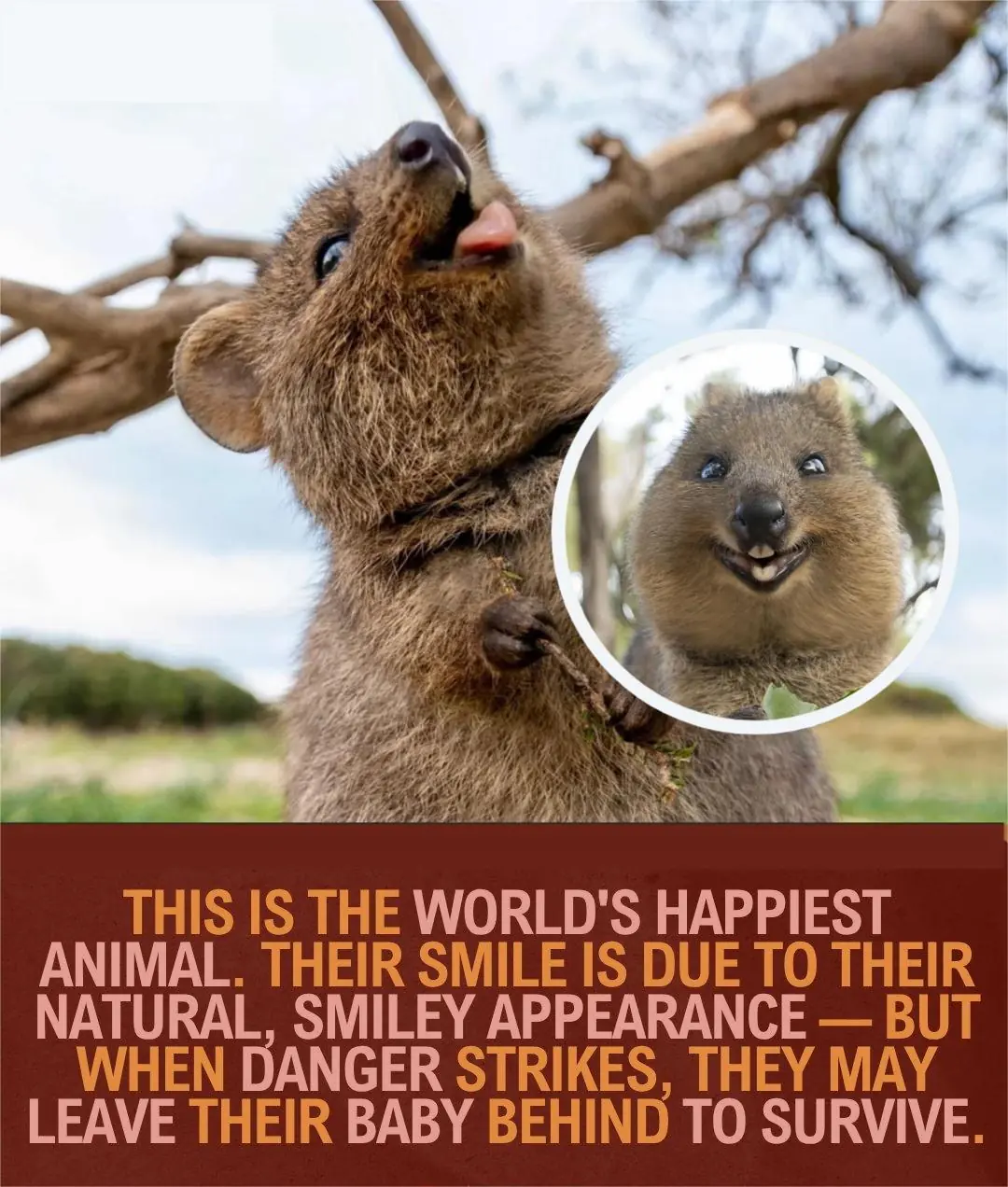
The Quokka: The World’s “Happiest” Animal with a Surprising Survival Strategy
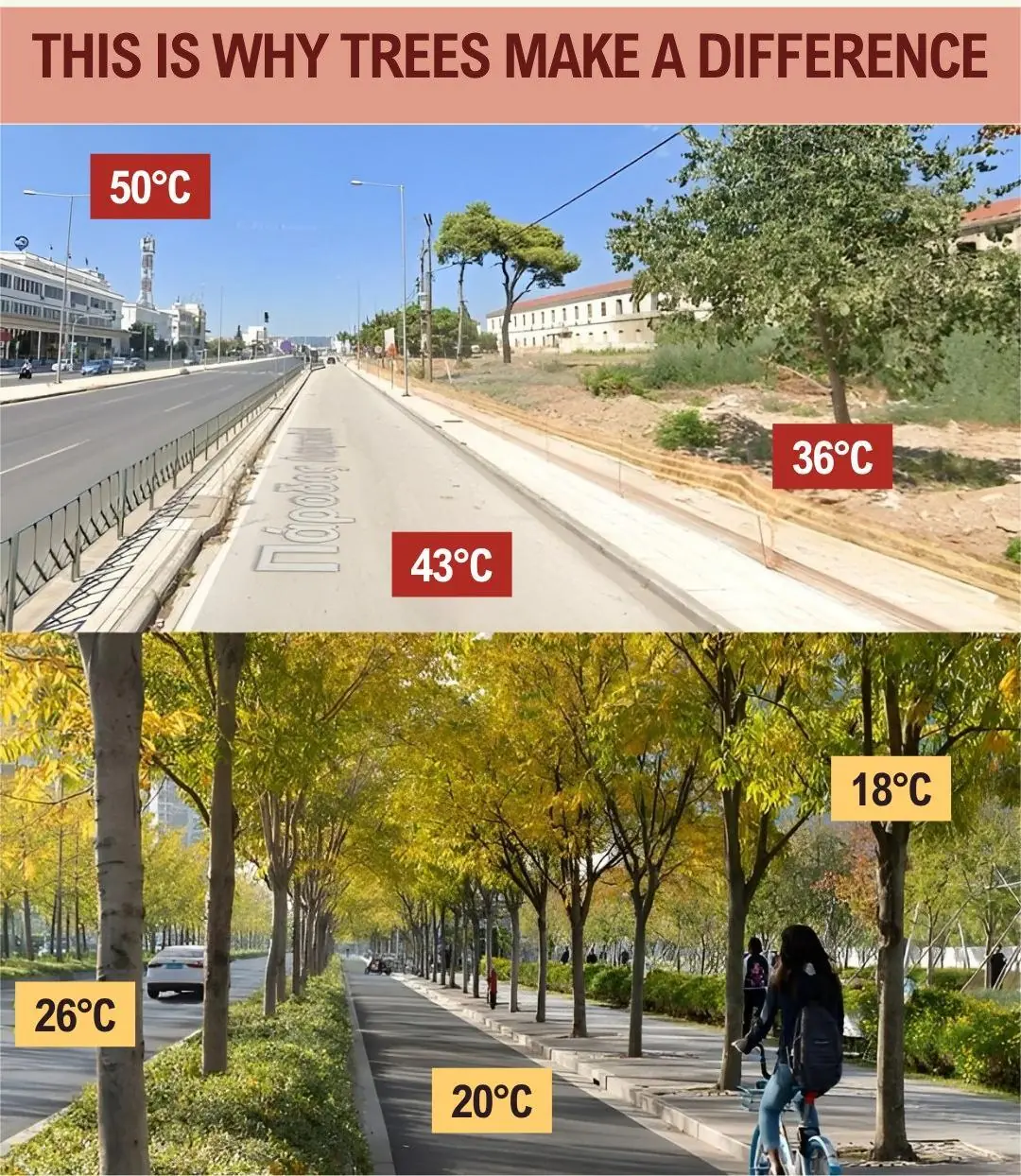
The Silent Cost of Cutting Down Urban Trees
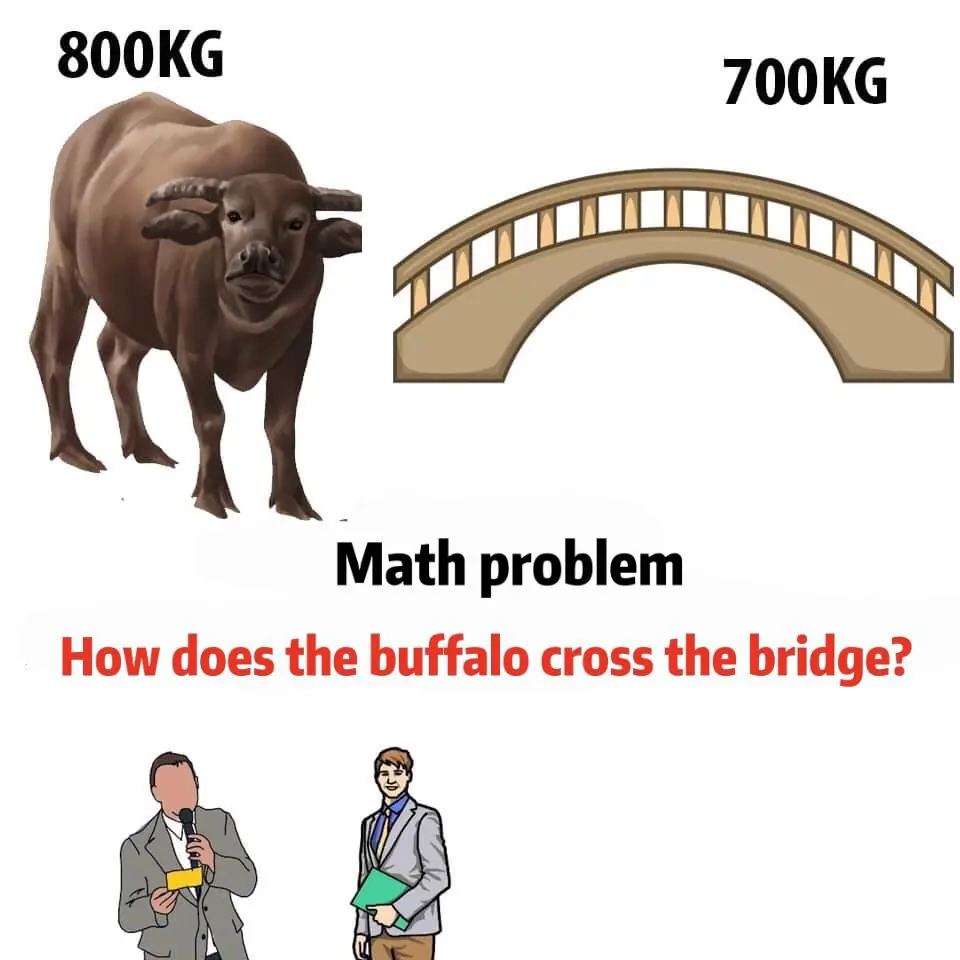
The Buffalo and the Bridge: What a Viral “Huawei Interview Question” Reveals About Business Thinking
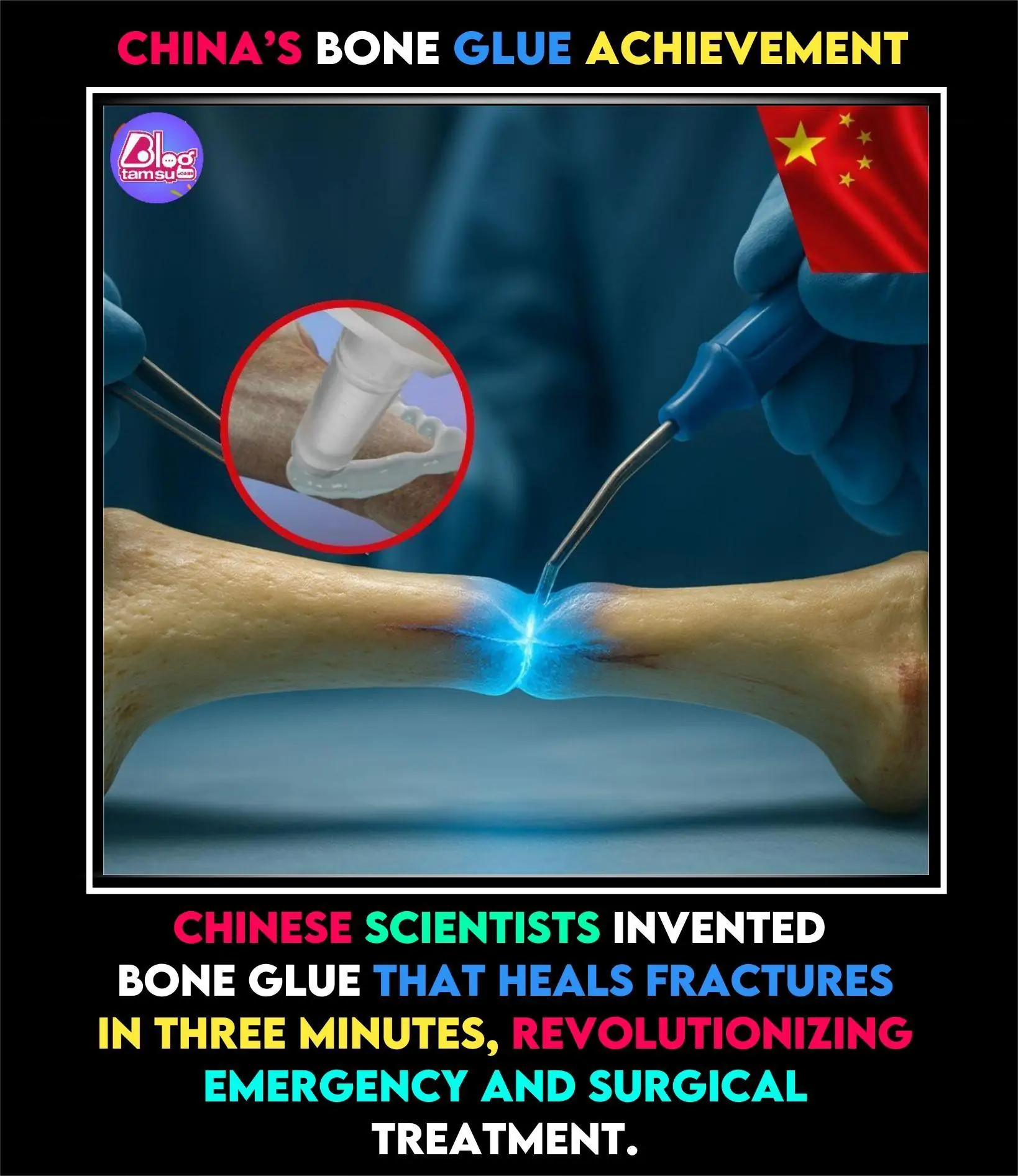
China’s Bone Glue “Bone-02” Promises Rapid Fracture Repair in Minutes: A Game-Changer in Orthopedics

Scorpion Venom: The World’s Most Expensive Liquid and Its Promise in Medicine

Russia’s Vast Time Zone Divide: Where Day and Night Collide

Saudi Arabia Unveils Ambitious Qiddiya F1 Circuit with Towering 20-Storey First Corner

Bob the Golden Retriever: The Dog Who Found Family in Eight Birds and a Hamster
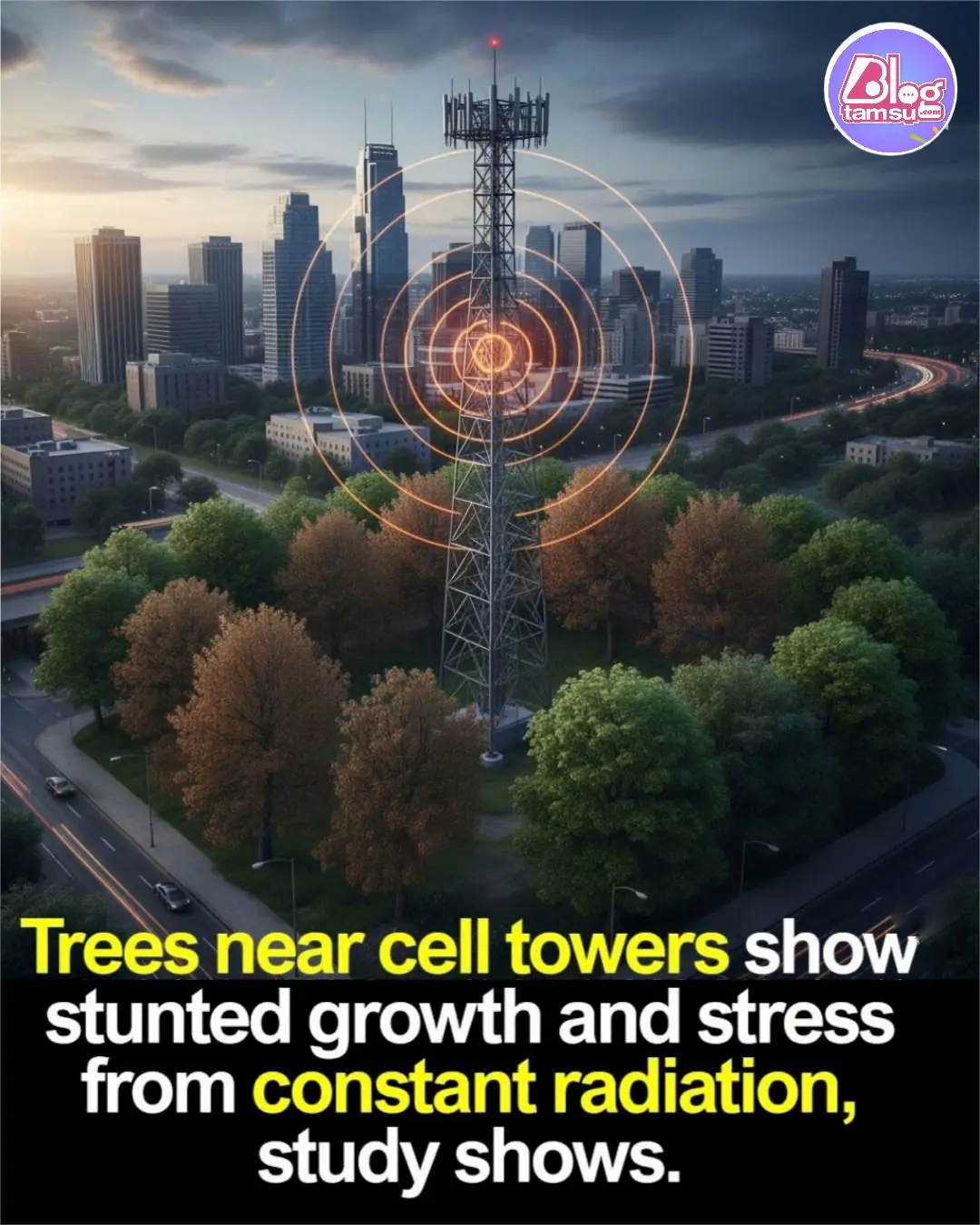
Are Cell Towers Harming Our Trees? The Hidden Cost of Wireless Technology

🍫 Chocolate Cream Layer Cake Recipe
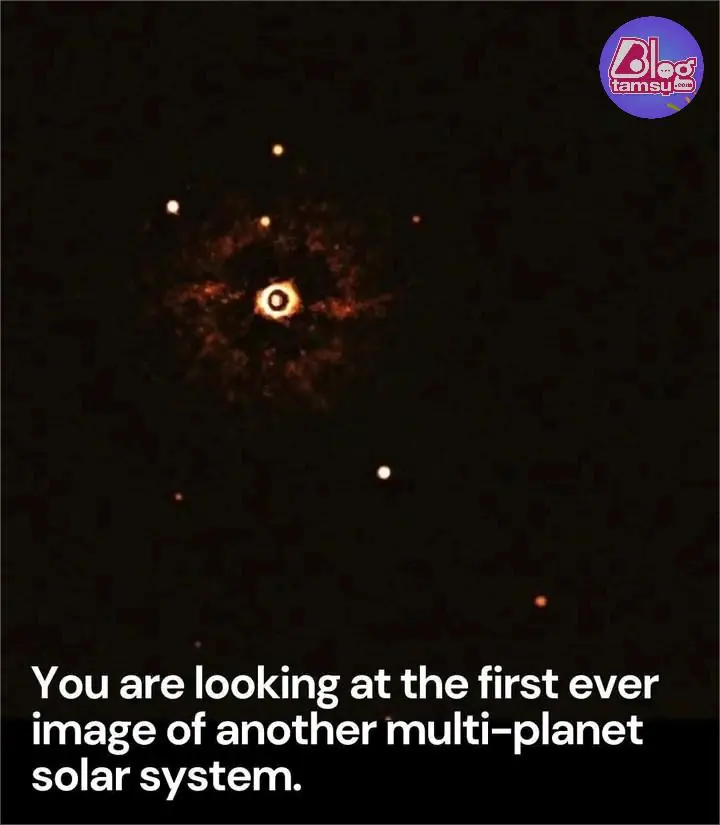
First Direct Image of a Sun-Like Star Hosting Multiple Exoplanets Captured
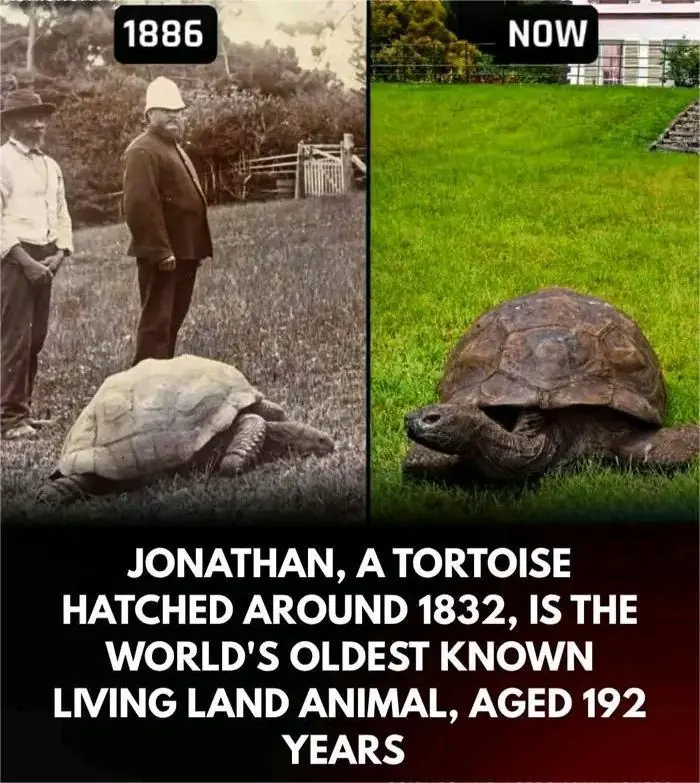
Jonathan the Tortoise: The World’s Oldest Living Land Animal

Elon Musk officially loses title as world’s richest person
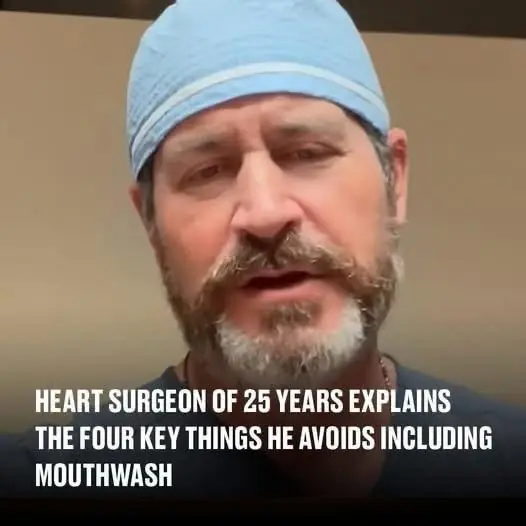
Heart surgeon shares four daily habits to avoid for better health

Chilling messages Charlie Kirk’s alleged killer sent to friends following assassination

Canelo vs Crawford: Terence 'Bud' Crawford makes history with victory over Canelo Alvarez
News Post

Japan’s New Silent Café: A Haven of Calm, Connection, and Inclusion

Top 3 Ways to Treat Tooth Decay with Guava Leaves – Simple and Cost-Effective

8 Signs That Your Body Is Crying for Help

Lonely baby raccoon waits on porch after storm

The Surprising Love Call of the World’s Slowest Mammal

Transform Your Health in Just Days: The Unbelievable Benefits of Drinking Clove Water Daily
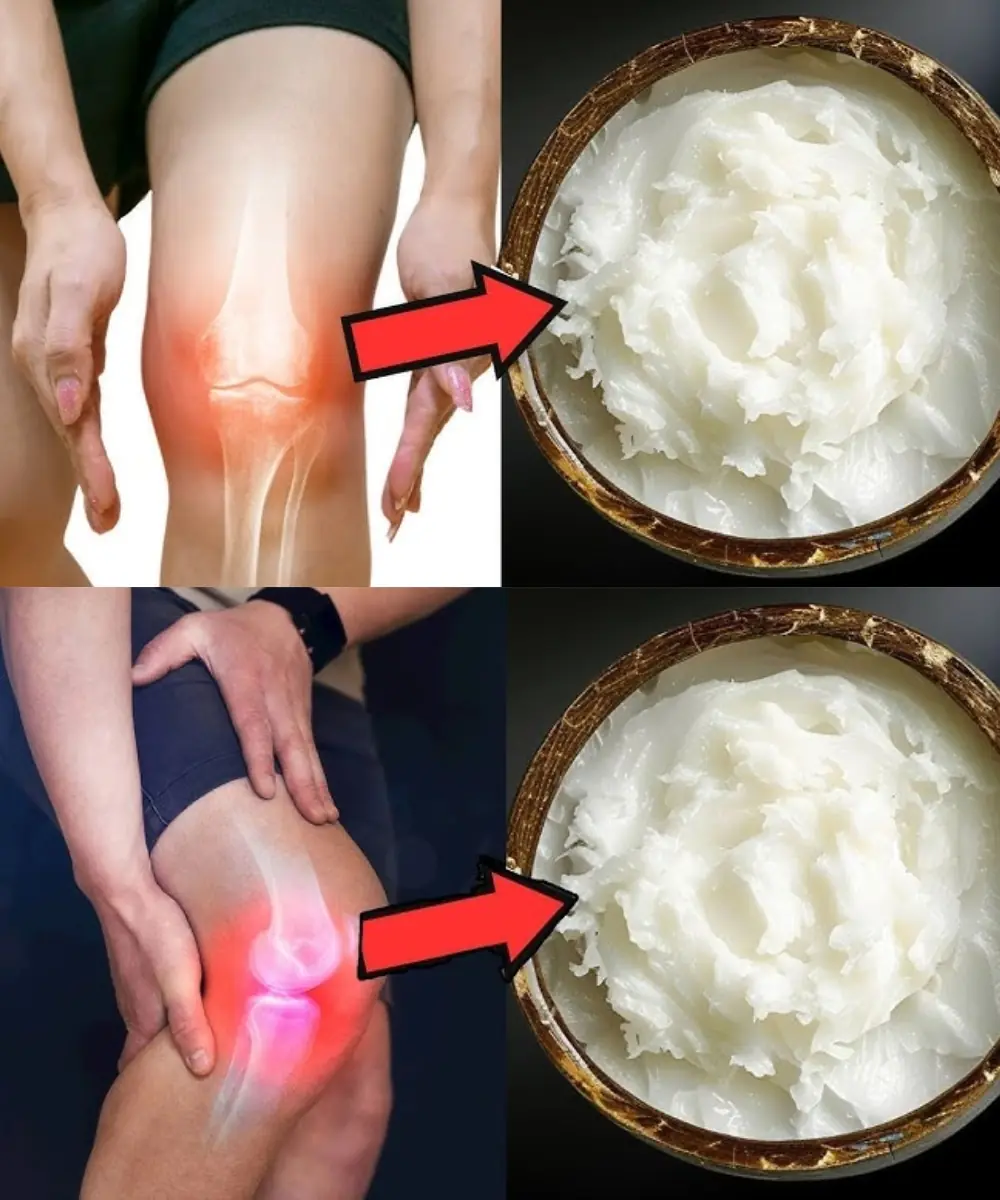
Foods to Rebuild Knee Cartilage: This Is What You Should Eat!

NEVER Eat Garlic With These 8 Foods—It Can Be DEADLY!

Celery for the Kidneys and Liver: The Natural Cleanser Your Body Will Thank You For
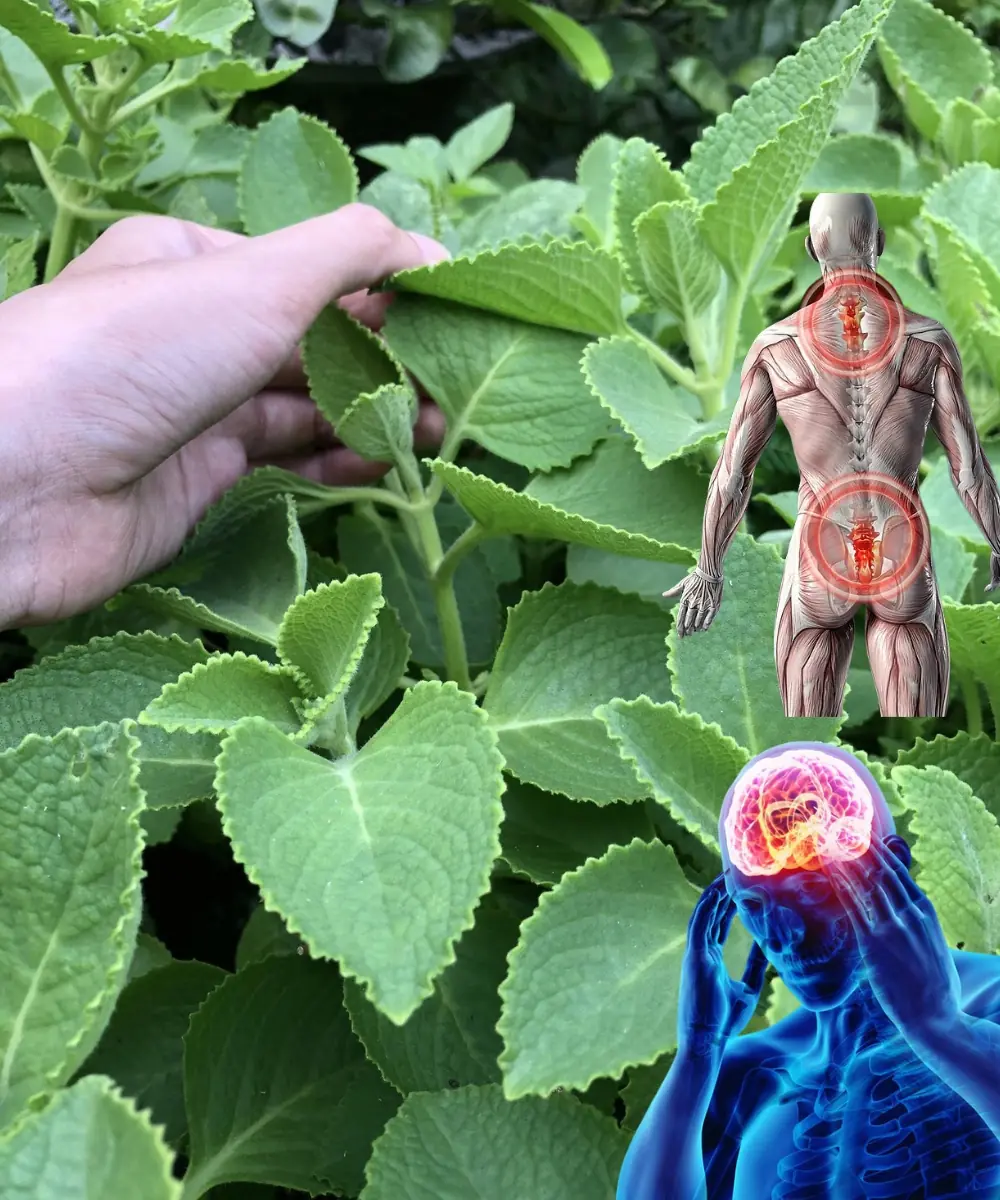
21 Reasons Why Every Home Should Grow a Mexican Mint (Indian Borage) Plant
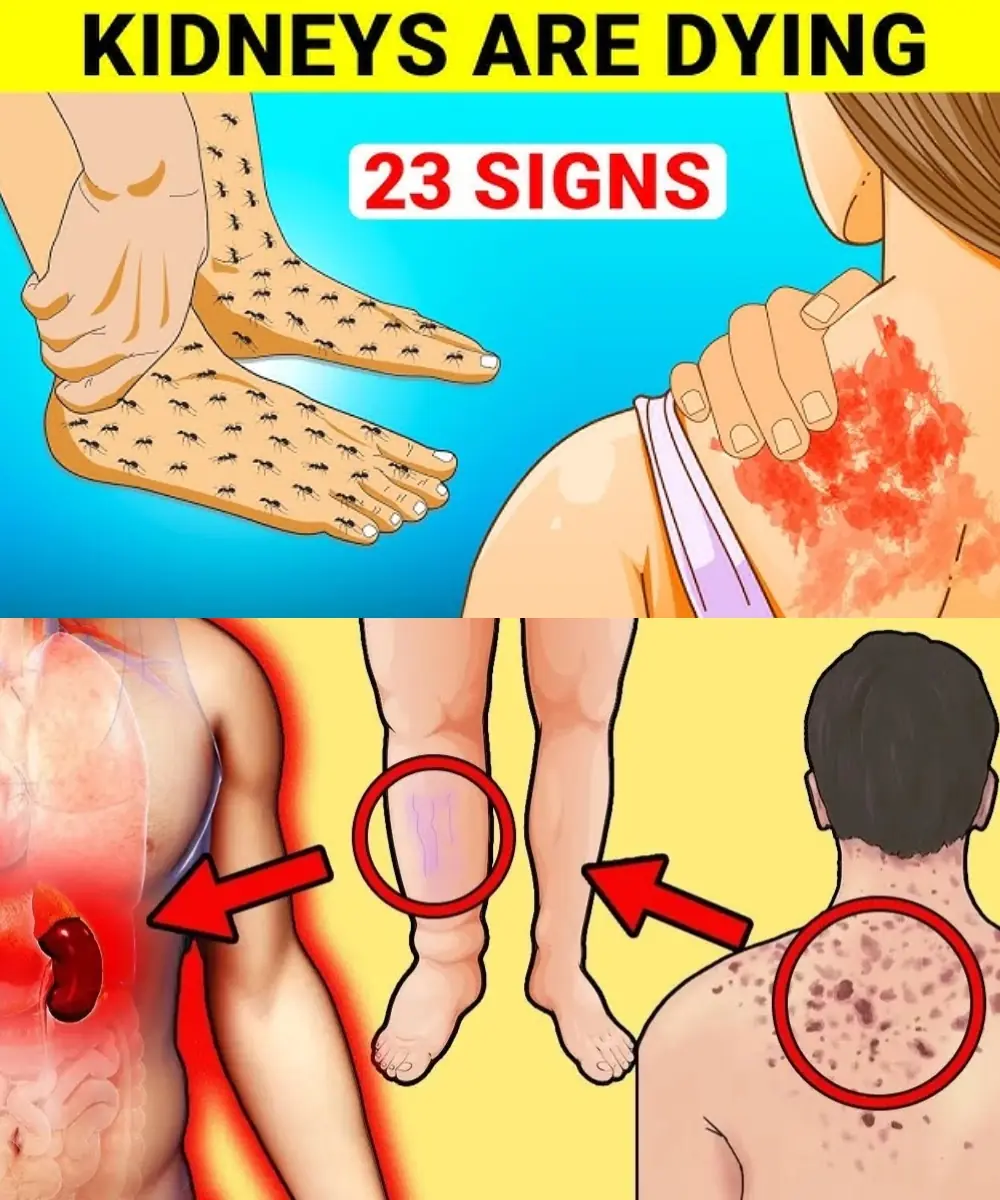
23 Warning Signs Your Kidneys Are Crying for Help

How to Make a Natural Remedy for Mucus and Chest Congestion: A Simple DIY Solution
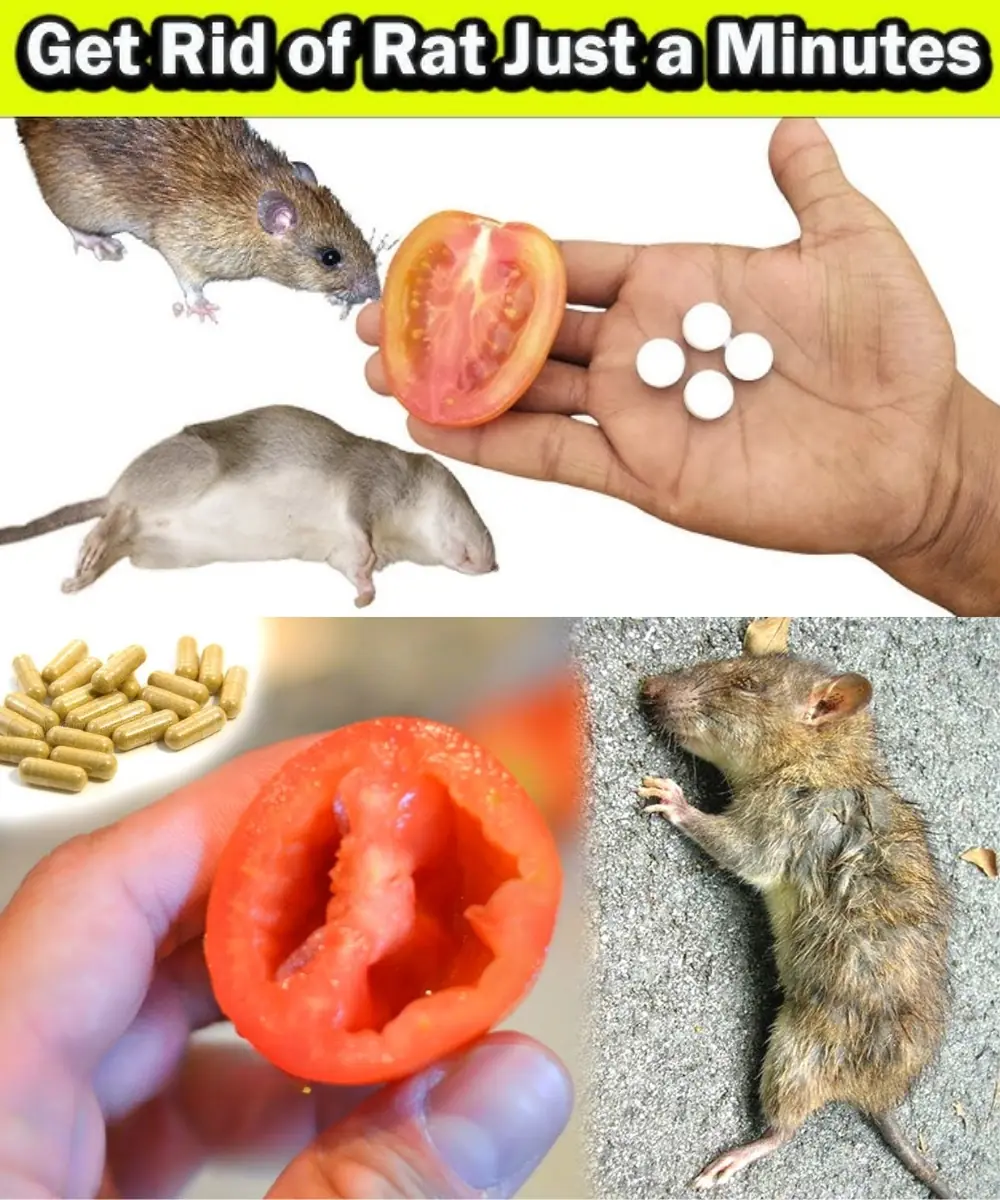
10 Natural Ways to Make Mice and Rats Disappear in 60 Seconds (No Poison, No Traps)
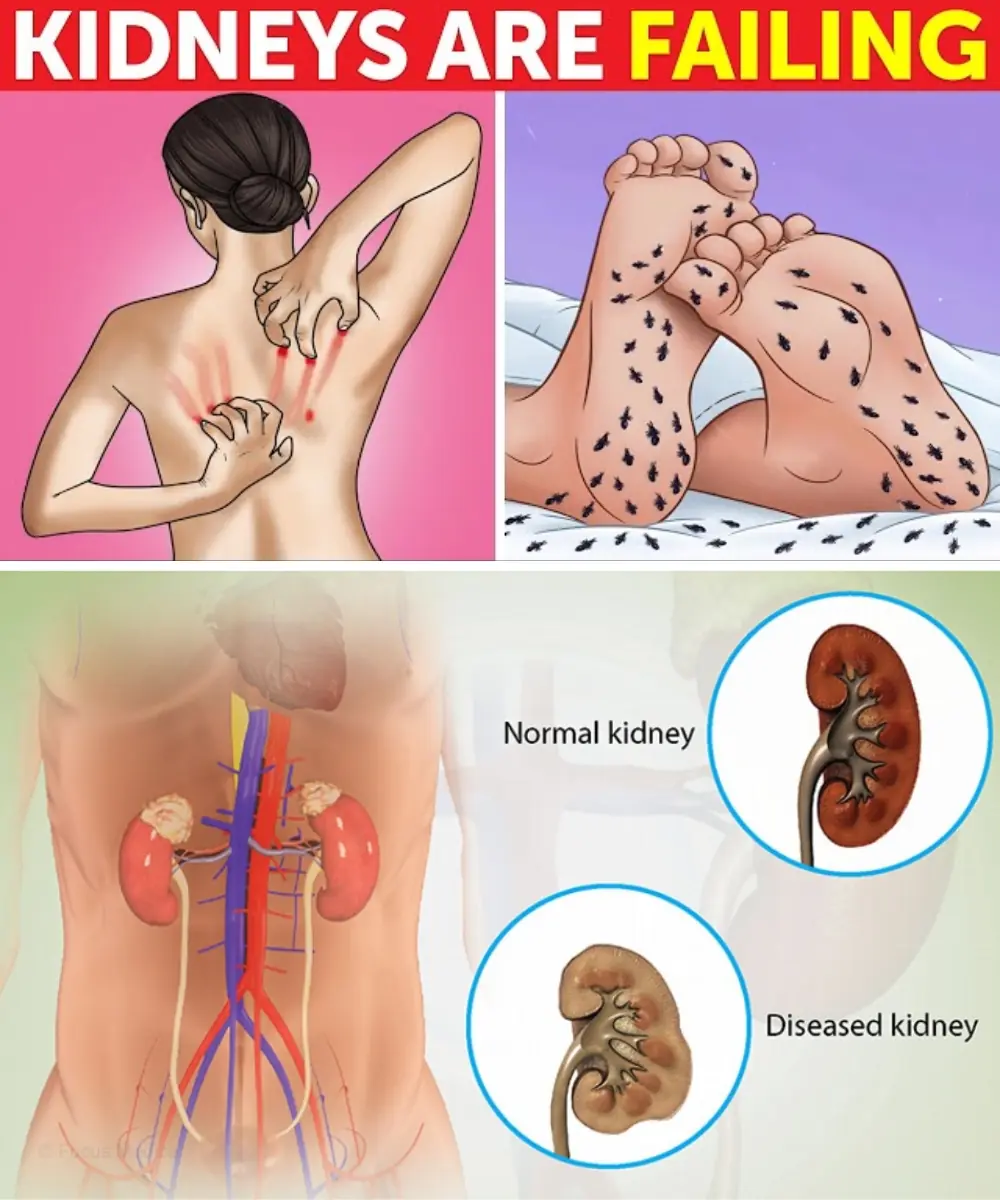
13 Alarming Signs of Chronic Kidney Disease (Are You at Risk?)
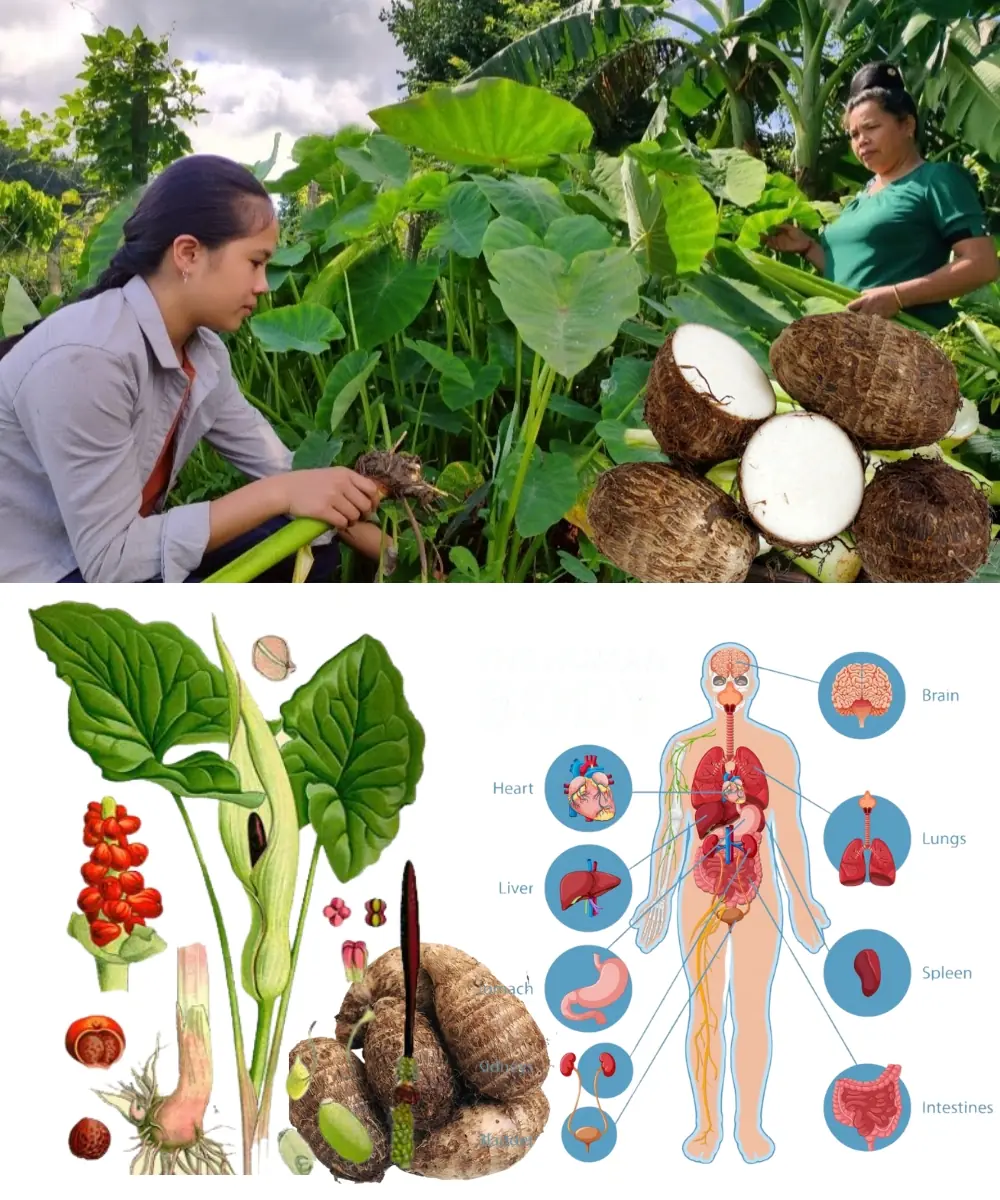
Taro: The Tropical Treasure Your Kitchen — and Your Body — Will Love
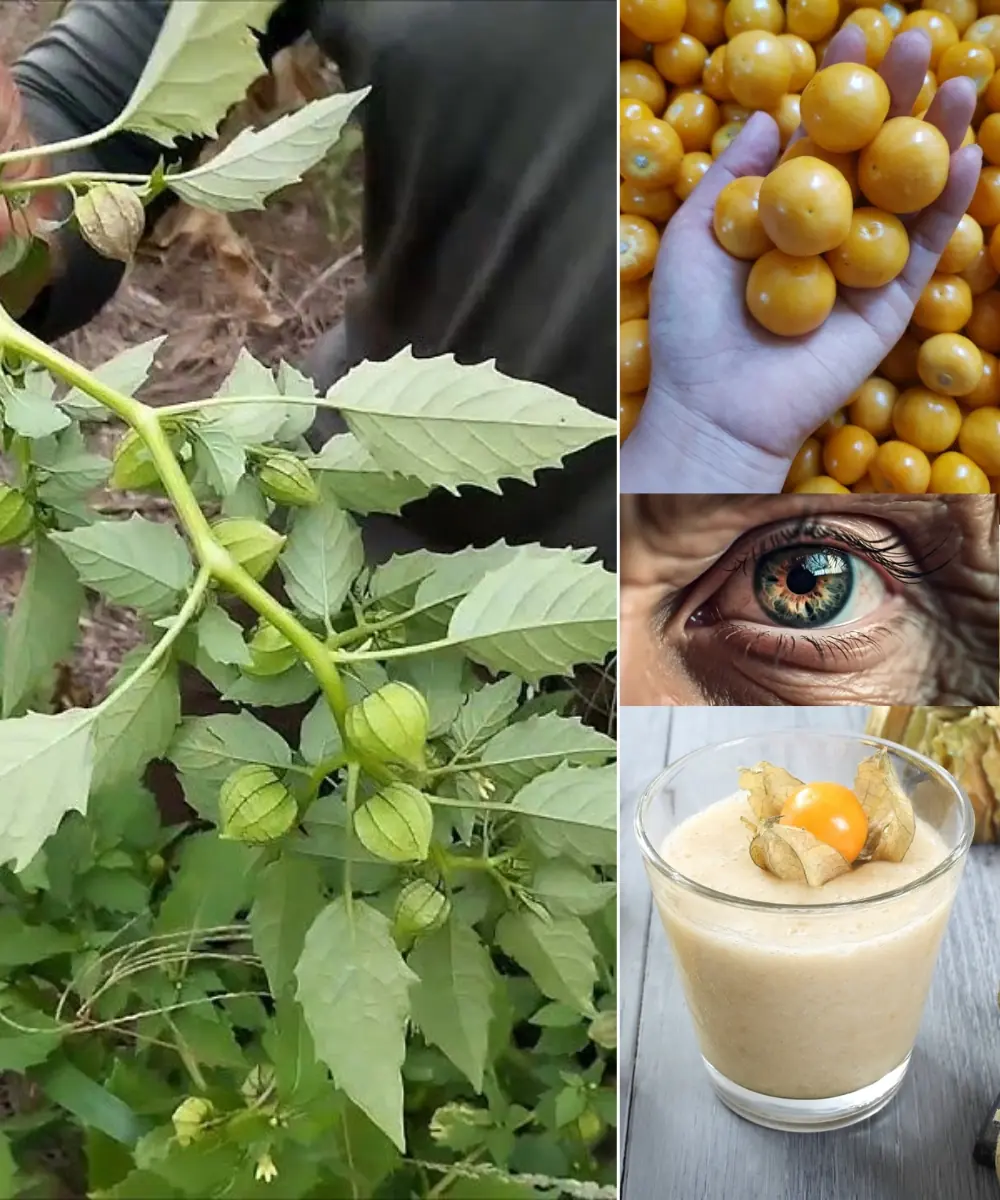
Physalis angulata – If You Find This Plant, Use It Immediately! A True Health Treasure for Your Whole Family
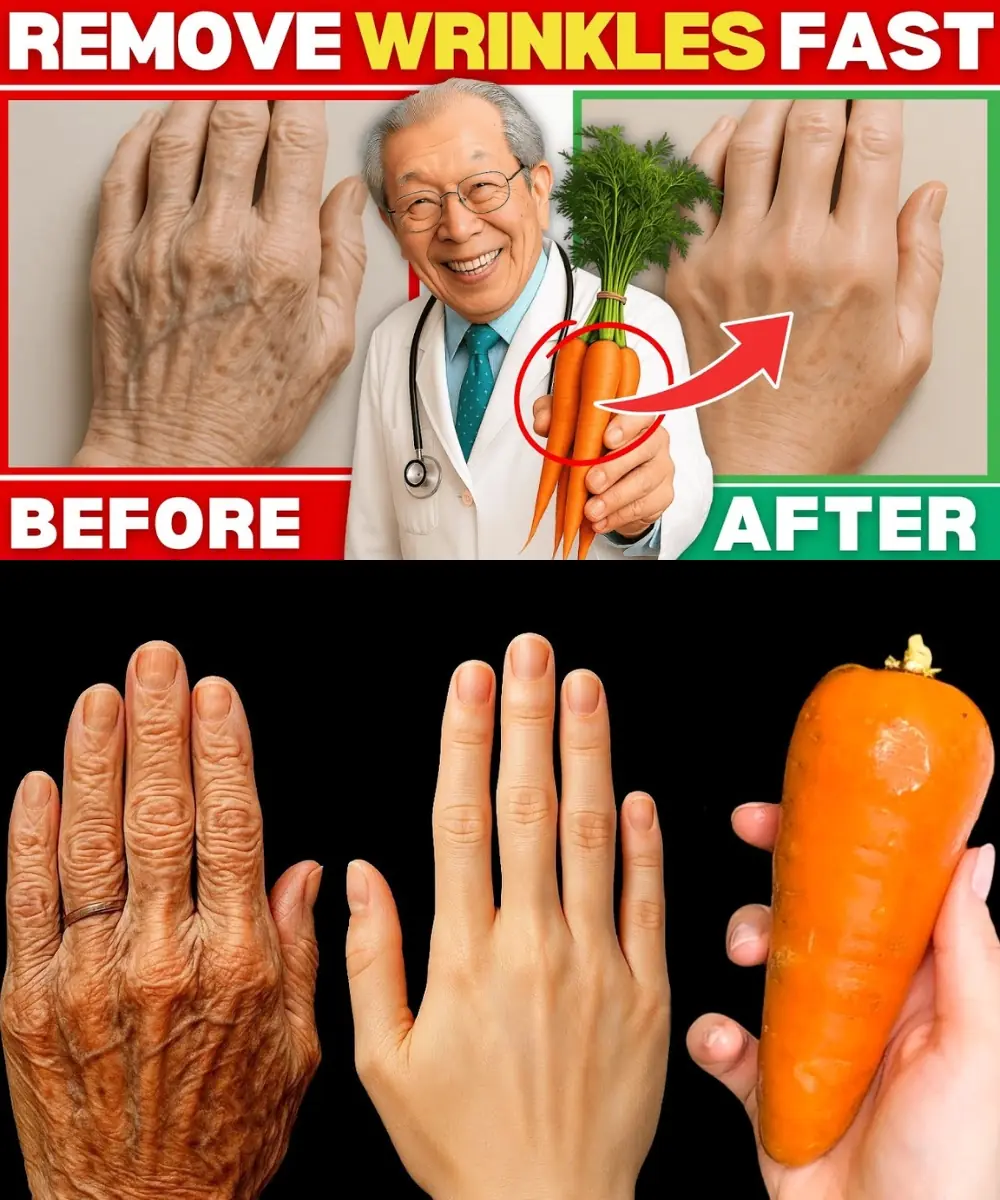
Japan's Oldest Doctor: New Japanese Carrot Secret Reverses Wrinkles Fast After 60 (Easy At Home)
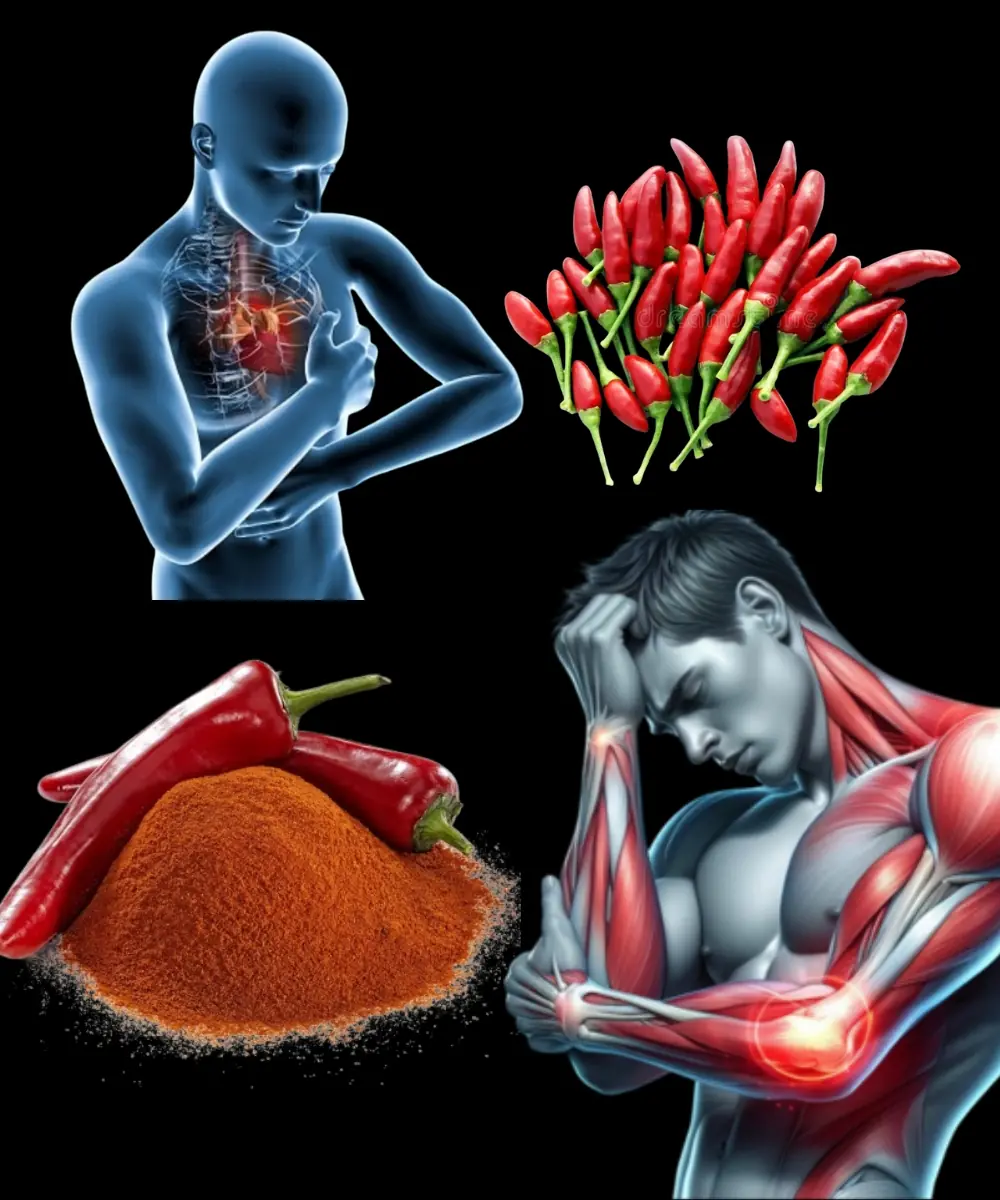
13 Surprising Benefits of Eating Chili Peppers
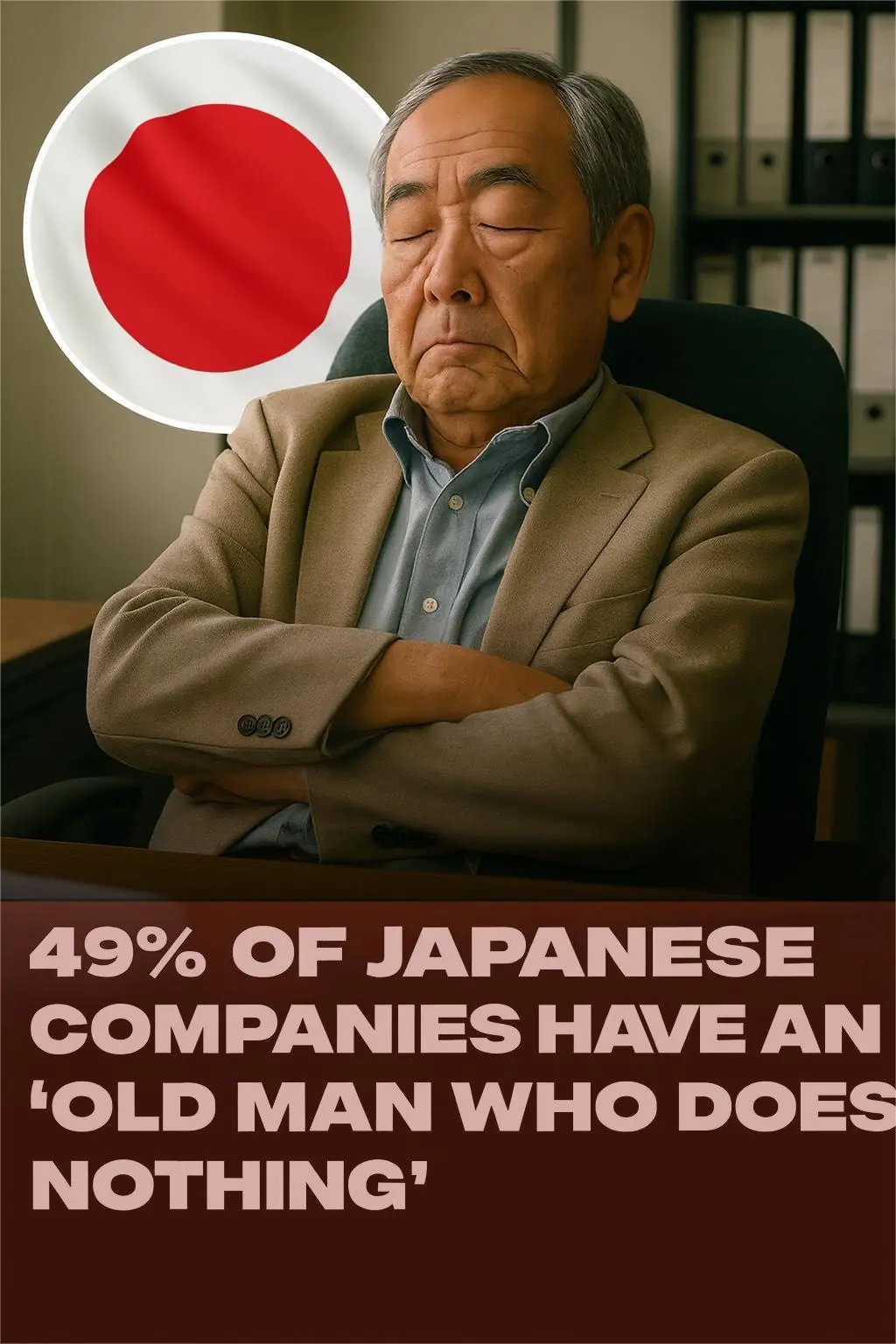
Half of Japanese Companies Report Having an “Old Man Who Does Nothing,” Survey Finds

